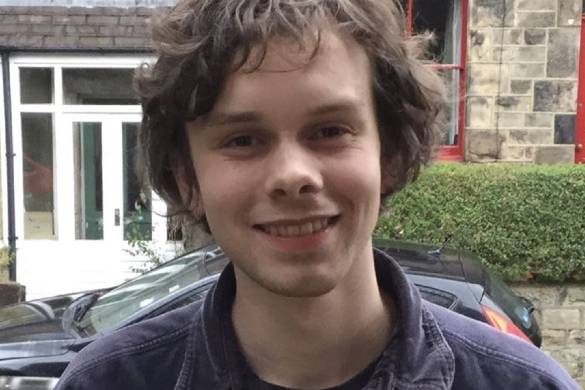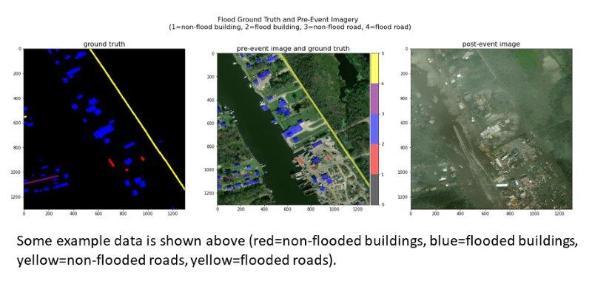
The Distributed Algorithms CDT (DA CDT) at the University of Liverpool engages its students in impactful, cutting-edge and diverse research, allowing them to collaborate and develop their skills within the university’s data science community. Read Ben's journey with the DA CDT so far…
My Journey
I graduated from University of Manchester with a master's in physics in the summer of 2020. I knew I enjoyed programming from modules I had taken during my Physics degree, so I decided to look for opportunities in more computer science related areas. I looked for openings across the North West primarily in Manchester and Liverpool and found the DA CDT on the FindaPhD website. The team seemed to be working on a lot of interesting problems and I liked the idea of being part of a cohort, so I chose a couple of projects I was interested in and applied. Thinking I’d not done particularly well in the interview I wasn’t expecting much. To my surprise I was accepted a month later and started in October 2021.
My Project
My research involves few-shot object detection, primarily focused on remote sensing imagery. The ultimate goal is to develop more robust training strategies using techniques such as transfer learning and meta-learning, to reduce the overall amount of labelled data needed to train effective object detectors for remote sensing imagery applications. This has a wide range of applications including: monitoring the effects of climate change, monitoring urbanisation, defence, and surveillance.
My Experience at the CDT
Doing research at the CDT has been very smooth so far. Students and academics in the CDT come from all kinds of different backgrounds and disciplines, so if I have a question about just about anything someone in the CDT will be able to help answer, or at the very least point me in the right direction. The CDT provides training to ensure that you have any necessary skills for you research. If the CDT can’t provide any specific training, we have a generous RTSG budget that can be used to enrol in all kinds of different training programs, that suit your need, so I was able to get up to speed very quickly. A PhD can be very challenging at times, but being part of a cohort where everyone is in the same boat, has made things a lot easier for me. Overall, I have had a fantastic year and have learnt a tremendous amount. I’m looking forward to the next 3 years!
Mini-Project
Being part of the CDT gives opportunities to partake in challenges and mini-projects that are relevant to your PhD. In August 2022 I participated in the SpaceNet8 flood detection challenge.
In the challenge you were given two datasets of the same locations, one before a flood and one after. The areas of interest were Louisiana after a hurricane, and Germany after a severe storm. The goal was then to detect flooded vs non-flooded buildings and flooded vs non-flooded roads. If algorithms could perform sufficiently well on this task, rapid mapping of flooded regions through satellite imagery or airborne imagery could be possible. This allowing emergency teams to respond to the worst hit areas first and avoid flooded roads.

As there was an inherent time constraint associated with the challenge (it ran for just over a month), I had to develop all kinds of different ways to save time, and automate, which I still use almost every day now, for example: using Singularity (a docker alternative for HPC), debugging on remote machines, shell scripting and a lot more. In the end I was able to improve performance from the baseline model form 50mAP to 70mAP. Overall, I thoroughly enjoyed the experience and hope to participate in the next SpaceNet challenge.
Distributed Algorithms CDT
The Distributed Algorithms CDT is an Innovative Data Science, AI and Machine Learning Research Centre, aligning PhD students, academics and industrialists to work together to generate novel solutions to tough data science challenges. If you would like to find out more about our programme and would like to talk about becoming an active member of our CDT community, please visit our website or email kelli.cassidy@liverpool.ac.uk.
A PhD can be very challenging at times, but being part of a cohort where everyone is in the same boat, has made things a lot easier for me. Overall, I have had a fantastic year and have learnt a tremendous amount.